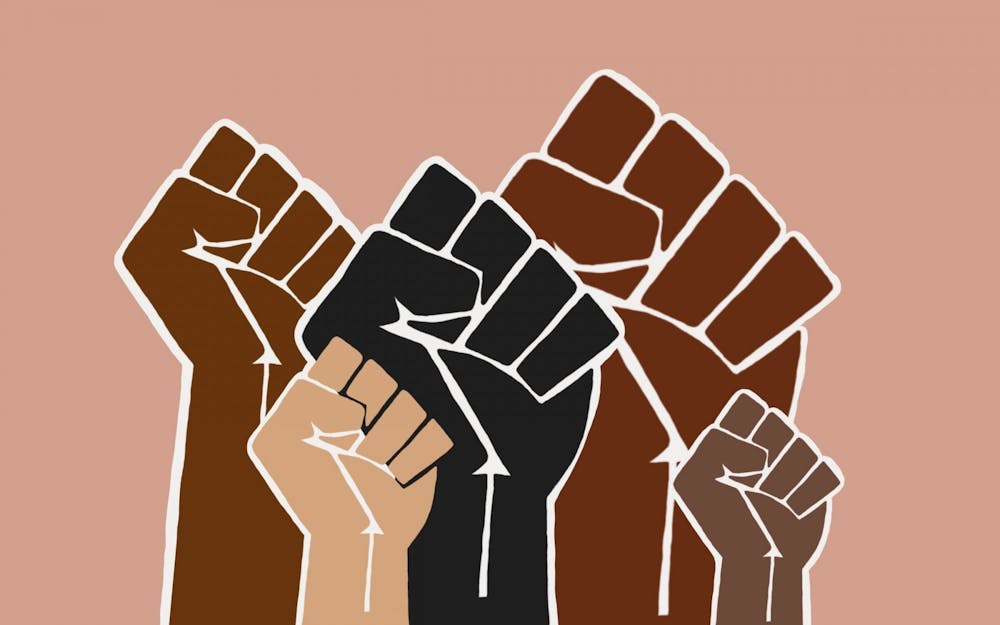One of the largest prison uprisings in the history of the United States took place at Attica Correctional Facility in New York on Sept. 9, 1971.
Attica Correctional Facility was a maximum-security prison with more than 1,000 prisoners, primarily Black and brown men, in the middle of a predominately white town.
Prisoners took hold of the prison for five days during the uprising. They demanded better living conditions and wanted to be granted political and human rights.
The uprising occurred during former President Richard Nixon’s first term. Nixon’s declaration of a war on drugs, spurred by his “tough on crime” image, was the start of mass incarceration in the United States.
These declarations from Nixon led to the disproportionate arrests, sentencing and convictions of Black and brown people across the country.
The Black Power Movement was at its peak during this time. Black people, nationally, armed themselves for self-defense. This was to protect themselves from the abuse and violence inflicted upon their communities by the police and the U.S. government.
Abuse against Black people was prevalent in prisons. Prisoners did not have any rights, lived in horrible living conditions and didn’t have the right to practice their religion. They were essentially treated as less than human. Some Black prisoners spoke up about these conditions.
The documentary “Attica” detailed the story of the uprising with narration from the prisoners who were there at the time. The prisoners in the film explained George Jackson was an inspiration for them facing abuse.
Jackson was an activist, prison abolitionist and philosopher who inspired other Black people in prisons. He used his voice to speak about anti-Blackness and horrible living conditions. However, he was killed by California correctional officers on Aug. 21, 1971, three weeks before the Attica uprising.
He was experiencing and talking about the same abuse they were going through. They had the same struggles.
Jackson’s death heightened the tensions already present in prisons. People believed his death was one of the catalysts for the rebellion.
During the Attica uprising, prisoners held correctional officers hostage unharmed unless the state granted them amnesty and agreed to their demands for better conditions.
The government refused to grant the inmates these rights, and the uprising ended when local and state police charged into the prison in an attempt to take back control.
The inmates were never given a chance to surrender. They prepared themselves for the attack, but they weren’t prepared for the excessive and deadly force the government used against them.
There was no regard for any lives. It was an immediate attack.
Prisoners were gassed, shot at with live ammunition, beaten, tortured, forced to walk on glass with bare feet, and even forced to crawl through feces.
State police killed multiple hostages and prisoners.
Today, prisoners are still living in the same conditions they were fighting about then. It’s important to understand prisoners' voices are essential in the fight for human rights and the fight against police violence.




